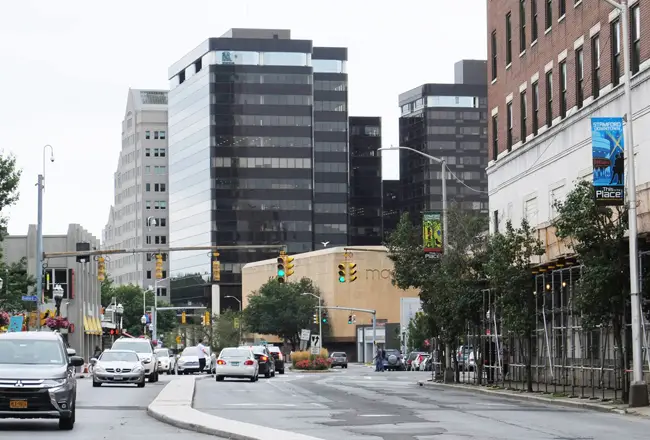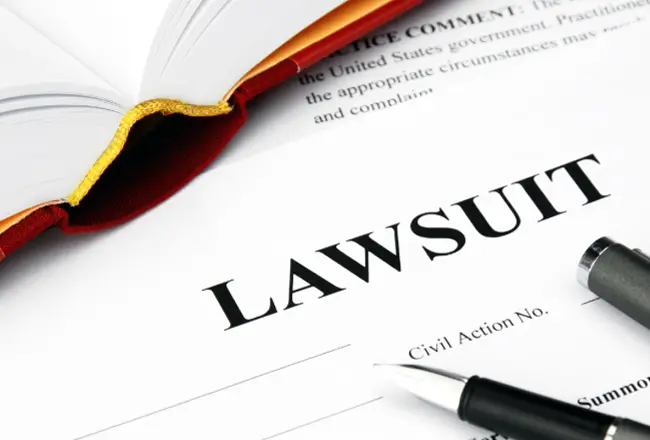The Business Council of Westchester has delivered to Gov. Andrew M. Cuomo and Westchester County Executive George Latimer copies of the latest report to come from its Economic Recovery Task Force.
The report includes strategies and recommendations to assist the state and county as the economy recovers from the Covid-19 shutdown while also providing rundowns on what task force members think is needed to help various sectors of the economy.
The report pointed out that the coronavirus pandemic “has shone a spotlight on the inequities that exist in all of our systems. Inequities in education, income, access to health care, housing, etc., have resulted in higher negative impacts of the virus across race, gender and disability. These longstanding inequities have fueled the current racial unrest. We must work harder to address these inequities as we ‘re-imagine’ our communities.”
 There are 47 members of the task force and they’ve held a number of virtual meetings while the outbreak was being brought to its present level of control in New York state. Formation of the task force was announced on April 24.
There are 47 members of the task force and they’ve held a number of virtual meetings while the outbreak was being brought to its present level of control in New York state. Formation of the task force was announced on April 24.
In addition to new recommendations, the report covers previous recommendations the task force feels have yet to be addressed. Industry sectors represented by the task force members include the arts, biotech, energy and environment, entertainment, hospitality, transportation, finance, health care, higher education, municipalities, not-for-profits, professional services, real estate brokerage and construction, retail and small business.
“We all need to be responsible in doing our part to mitigate the spread of the virus; however, we will never be able to guarantee risk from infection of Covid, flu, car crashes, etc. It is important that lawmakers keep this crisis in context with the reality of other risks,” the report stated.
On energy and the environment, the report indicated that the development of renewable electric generation projects can help stimulate the economy. It asked for additional state funding to assist municipalities and localities with the loss of property tax revenue following the closure of an electric generating facility, such as Indian Point.
It called for elimination and/or reduction of taxes, surcharges and fees on electric bills pointing out that approximately 25% of a typical monthly electric bill is for those items. The report called for more electric car infrastructure such as more charging stations along major highways and at transportation hubs to encourage drivers to buy electric vehicles.
The report identified hospitality and tourism as among the hardest hit sectors of the economy and suggested it will continue to suffer from decreased demand during the recovery. It pointed out that businesses must reduce expenses and conserve cash to meet obligations and remain viable and added, “Any way that government can ease cash expenses, such as taxes and fees, and ensure affordable access to capital will help hotels survive and be positioned to recovery.”
The report stated that the hospitality industry, along with other small businesses, looks to the state legislature for protection from frivolous regulatory and legal action based, for example, on employee complaints that notice of furloughs and layoffs failed to meet advance notice or specific language requirements, or that the furloughs and layoffs were retaliatory.
The report said that clarifying guidance is needed regarding how long social distancing protocols are expected to remain in place in office environments.
In discussing the needs of small businesses, the report noted that many small businesses are falling behind when it comes to generating the levels of activity they need to survive. The report also said there is a fear of liability, especially among restaurants and retail businesses, with respect to the spread of infection.
The reported noted that there’s also concern that a second wave of the virus could interfere with holiday sales, which often make the difference between profit and loss for a business.























Why no mention for the need for pipelines to bring in cheap, abundant and domestically produced natural gas? Oh yes, this is written by Democrats who want us to pay more to heat our homes and to stifle economic development with high energy costs.